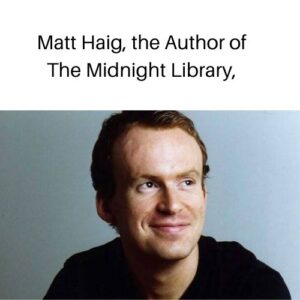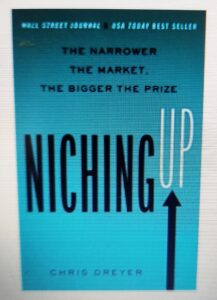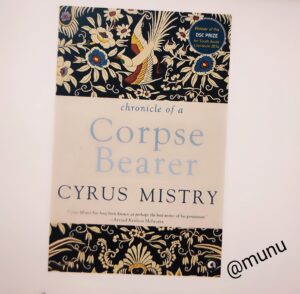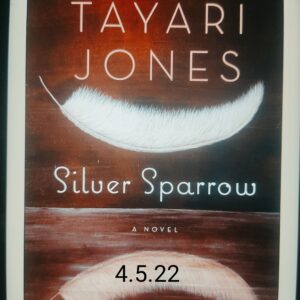Book: Train to Pakistan
Author: Khushwant Singh
Publication: Penguin; 1st edition (2 February 2016); Penguin India
Pages: 192
Price: Click the link
Backdrop:
Set up in the historical background of partition in 1947 Train to Pakistan by Khushwant Singh is a masterpiece of literature.
The unresolved massacre and bloodshed is documented very emphatically yet cogent manner by the author. The then India, torn up in racial violence and hatred is miniatured in the little village Mano Majra, situated at the remote reaches of the frontier and only decorated with three brick buildings- house of Lala Ram Lal, the money lender, one Sikh temple, one Mosque.
Lala Ram was the only Hindu whereas all the land owners were Sikh and Muslims. The lands were owned by Sikhs where the Muslims worked as their tenants sharing the tilling. There were also some other communities whose religions and identities were controversial. But they lived happily sharing a common deity, ‘ the deo’. The villagers were ignorant of the world outside it and its happenings. They even didn’t know why the British left the country.
“We live in this little village and know nothing.”
They asked Iqbal about the British and the outer world.
Iqbal realized “Independence meant little or nothing to these people.” And Khushwant Singh excels his brilliancy in upholding this naked truth so amiably yet in a detached satiric undertone. Common people have no relation with political upheaval. Their condition remains the same even if the Kings and Queens exchange their thrones.
But the peaceful scenario of Mano Majra changed as the heat of the outer world reached even in this secluded hamlet. The harmony loses its track in conflict and bloodshed. The Muslims had to leave for refugee camp and later for Pakistan whereas Sikhs gathered under the shed of terrorism to take revenge on them.







